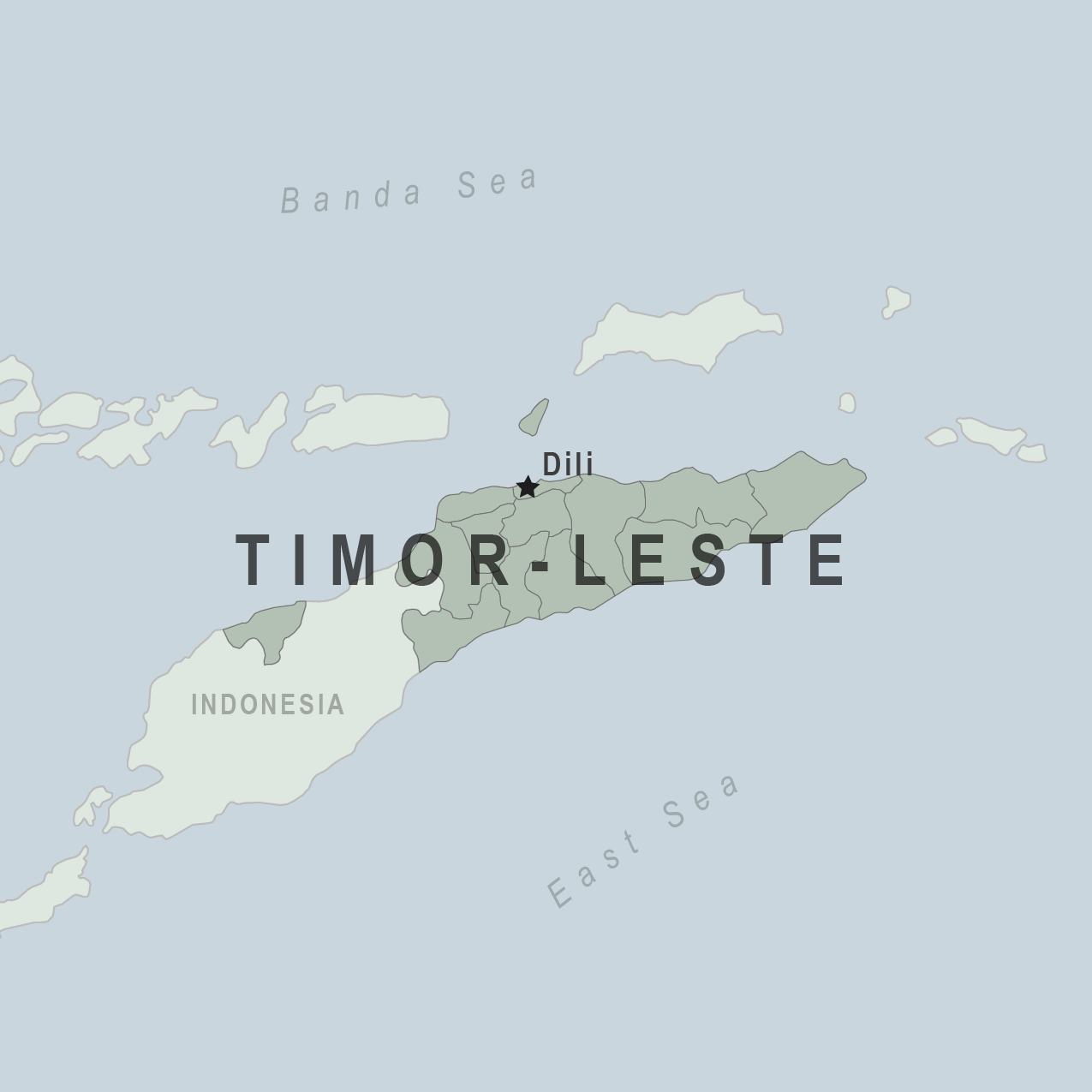The Nobel laureate Jose Ramos-Horta declared that ''freedom is justice'' as he stepped down as East Timor's president during an emotional ceremony marking the 10th anniversary of the country's independence.
Dr Ramos-Horta told more than 100,000 Timorese who packed a beachside area on Dili's outskirts early yesterday that their greatest achievement was fighting for and achieving their freedom after hundreds of years of foreign occupation and war during which a quarter of the population were killed or died from starvation or disease.
Among dozens of foreign dignitaries who witnessed the ceremony was Susilo Bambang Yudhoyono, the Indonesian President, who earlier stood alongside East Timor's Prime Minister, Xanana Gusmao, the former guerilla fighter who spent years in Indonesian jails, and spoke about Indonesia's enhanced co-operation and growing people-to-people ties with East Timor.
Dr Yudhoyono said it was Indonesia's duty to support the development of East Timor and its people. ''It is our intention to bury the past in a spirit of co-operation between our two countries,'' he said.
Dr Ramos-Horta, who lost elections earlier this year, handed over the presidency to Taur Matan Ruak, a former guerilla fighter who had commanded East Timor's armed forces.
As Mr Ruak promised to improve the lives of Timorese, who are among the world's poorest, fireworks lit the sky and Timorese cheered their new leader. He called for a change in the economic system upon which the country is based, including ''reducing our dependency from abroad on oil and gas''.
Mr Ruak said the economy should be diversified to reduce external dependency by strengthening the national private sector and by using national resources ''in a rational and sustainable way''.
The role of president in East Timor is largely ceremonial but Mr Ruak's comments were seen as a spur to Mr Gusmao to boost funding to help almost 80 per cent of the population in rural areas who are still living in poverty 10 years after East Timor gained its independence.
Mr Gusmao's four-party coalition faces elections in July.
Mr Ruak said it is urgent ''to pay greater attention to those areas of our country where the presence of the state is not felt and where social, physical and economic development is lagging''.
 Known as ''two sharp eyes'' when he led a guerilla movement fighting Indonesia's 24-year occupation, Mr Ruak has promised to introduce national service and has spoken about strengthening ties with Australia. The Governor-General, Quentin Bryce, was one of the first foreign dignitaries to congratulate Mr Ruak after he formally took over.
Known as ''two sharp eyes'' when he led a guerilla movement fighting Indonesia's 24-year occupation, Mr Ruak has promised to introduce national service and has spoken about strengthening ties with Australia. The Governor-General, Quentin Bryce, was one of the first foreign dignitaries to congratulate Mr Ruak after he formally took over.
Mr Yudhoyono's visit to East Timor for the ceremony followed several years of warming relations between the countries. The Timorese voted overwhelmingly for independence from Indonesia at a UN-sponsored referendum in 1999.
During his four-year presidency, Dr Ramos-Horta strongly resisted calls for the setting up of an international tribunal to prosecute Indonesians responsible for 1999 violence that left 1500 people dead and destroyed most of the country.
Comments